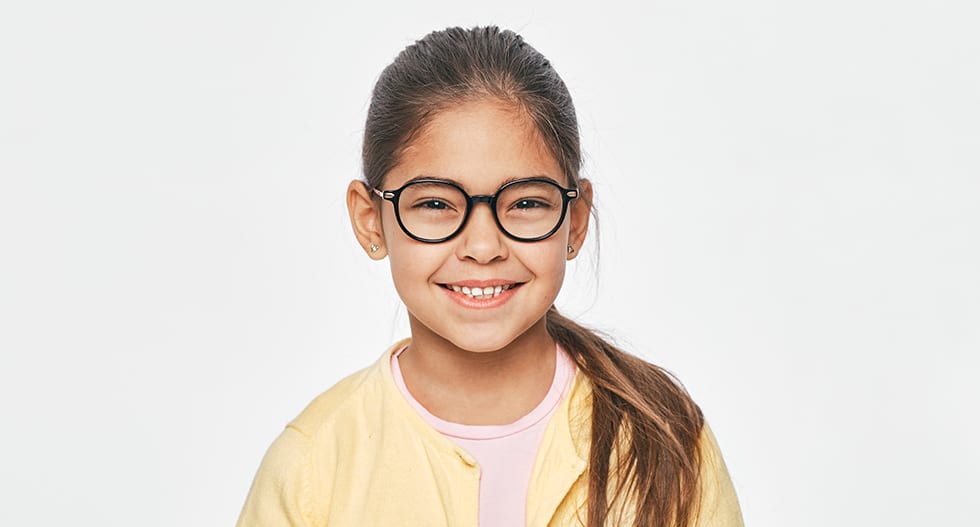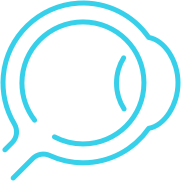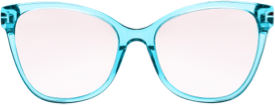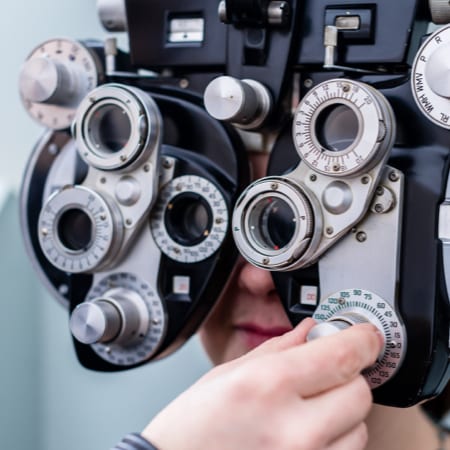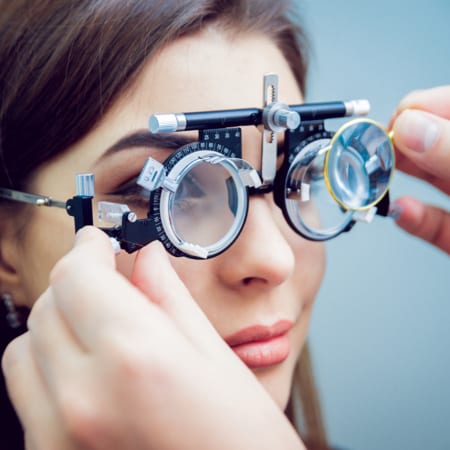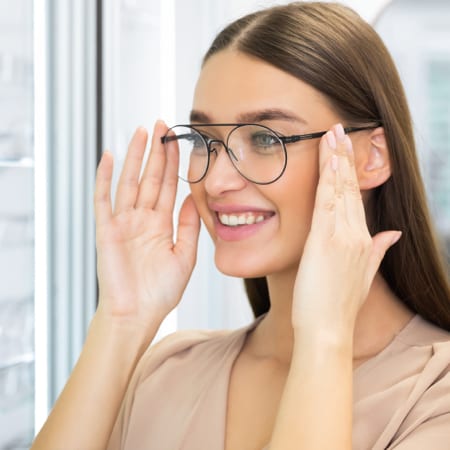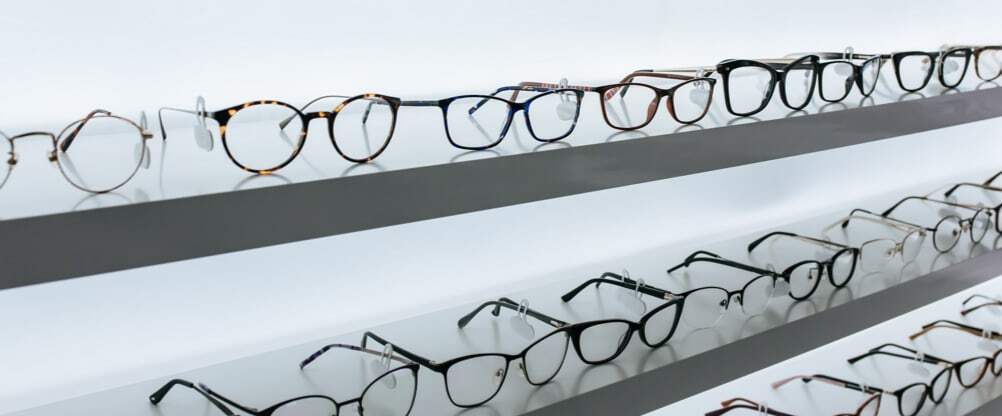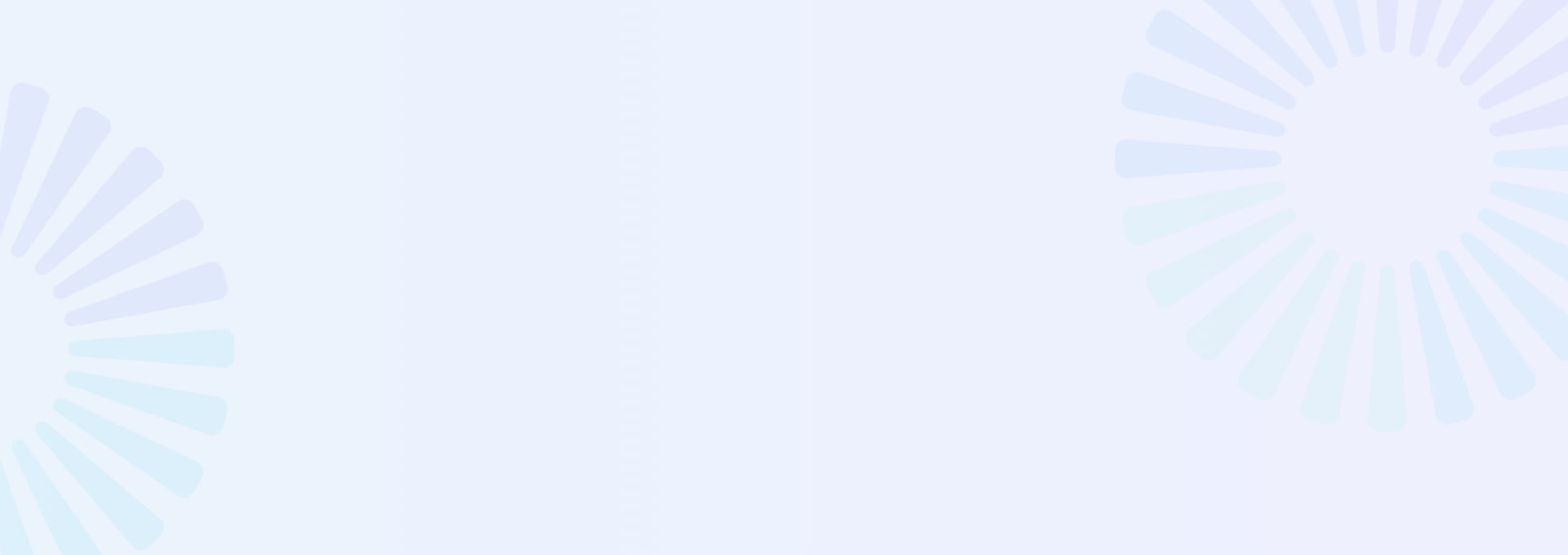What Is Myopia Control?
Being a parent is an important job, especially when it comes to managing your child’s eye health and vision.
One of the most common eye issues children can face is myopia, and untreated myopia could lead to vision problems later in life. That’s why we offer a range of myopia control strategies to help preserve your child’s eyesight.
These comprehensive strategies can help your child effectively manage myopia, and we can guide you through the process and the necessary information you need to support your child’s vision.
Preserve your child’s vision for the future. Schedule a myopia control appointment with us today to learn more!

What Is Myopia?
Nearsightedness, known as myopia, blurs distant objects due to the way it affects how light focuses in the eye.
Myopia is generally caused by the eye growing too long or the cornea becoming too curved. With proper care, we can slow its progression and safeguard your child’s vision.


The Risks of High Myopia
By 2050, nearly half of every person on the planet will have some degree of myopia. The most effective way to manage myopia early in its development before it has too much of a chance to progress. The longer myopia progresses, the more likely it may become high myopia.
Unmanaged high myopia can elevate the likelihood of specific eye diseases and conditions, such as:
- Cataracts
- Retinal detachment
- Myopic macular degeneration
- Glaucoma
Myopia control strategies can help manage these risks and preserve your child’s vision. Your first step, though, should be to book an eye exam for your child, so we can take a deeper look at their needs and determine how we can help.
When Is It Time for Myopia Control?
When School Work Is Becoming Challenging
Uncorrected refractive errors can affect a child’s academic performance.
Research indicates that children with myopia face a higher likelihood of experiencing difficulties in school.
When Your Child Experiences Serious Symptoms
Myopia can result in various vision-related problems, such as eye strain and blurry vision.
Over time, myopia can also increase a child’s risk of developing more serious eye conditions throughout their life, so early intervention is crucial.
When Your Child Avoids Sports & Being Outdoors
Research has shown that children with myopia often face challenges participating in outdoor activities like sports.
Spending more time indoors can make children more vulnerable to the development of myopia.
The Link Between Vision & Learning
When kids have trouble with their eyesight, it can impact their day-to-day life at school, including reading from a distance, seeing the board, and participating in sports and other activities. This can lead to stress and confusion, and if left undiagnosed, it may cause them to fall behind their peers.
By seeking professional care and treatment options, such as specialized corrective spectacle lenses or contacts such as Abiliti, we can help your kids excel both inside and outside the classroom and improve their quality of life.
Signs & Symptoms of Myopia
Myopia can affect your children in different ways. Some common signs and symptoms of myopia can include:
- Eye strain
- Blurry vision when looking at faraway objects
- Squinting to see distant objects
- Headaches
If your child is experiencing these symptoms, a comprehensive eye exam with our team can help determine if myopia control methods such as Abiliti 1 day lenses could be beneficial.
Myopia Control Strategies
Myopia control isn’t about curing nearsightedness. Instead, it aims to slow down eye growth associated with myopia.
Myopia control methods help send signals to the eye to slow down its growth. Once we examine your child’s eyes, we can explore appropriate myopia control options and recommend strategies that suit their lifestyle.
Together, we can help preserve your child’s vision!
MiSight daily contacts are specially crafted for children aged 8–12 with nearsightedness.
They work by changing how light focuses on the retina, which helps signal the eye to slow its growth and manage myopia progression.
Unlike traditional contact lenses, which simply correct vision, MiSight lenses work by altering how light enters the eye. This process helps to slow down the elongation of the eye and prevent the progression of myopia. The lenses contain a special “dual-focus” design, providing clear vision for distant and near objects.
Studies have shown that MiSight lenses slow the progression of myopia by an average of 59%.
ACUVUE Abiliti soft contacts prioritize comfort with breathable silicone hydrogel to help eyes stay fresh and hydrated all day long.
ACUVUE Abiliti soft contacts manage myopia by changing how light focuses on the retina so it can signal the eye to slow its growth and reduce myopia progression.
Essilor’s Stellest eyeglass lenses use a central zone to correct your child’s vision and Highly Aspherical Lenslet (HAL) technology outside the central vision zone to affect how light focuses on the retina and slow myopia progression.
When worn 12 hours a day, studies have shown HAL lenses to slow myopia progression by 67%. We can fit Stellest lenses in a variety of eyeglass frames, so your child can look and feel great while protecting their eyesight for the future.
Low-dose atropine is a promising treatment method for children with myopia. Studies have shown that a low dose of atropine in eye drop form can help slow the progression of myopia in children to reduce the risk of severe nearsightedness.
Low-dose atropine drops can work by suppressing the eye’s growth to slow down the progression of myopia. However, we might still recommend wearing contact lenses or glasses during the day to help keep your child’s vision clear.

Take Our Myopia Quiz
Need more clarity? Take our myopia quiz down below.
Book Your Child’s Eye Exam Today
An eye exam can help diagnose myopia and other vision issues that impede learning and play. Book your child’s eye exam today!

